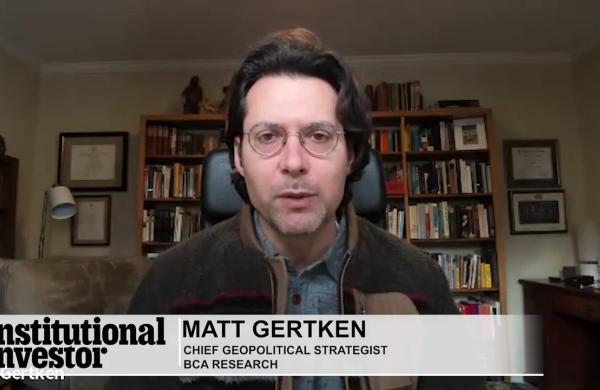In a few short weeks, the Securities and Exchange Commission's new hedge fund registration requirement goes into effect, and, lest hedgies think it's all bad, attorney Perrie Weiner has found some good in it. Here's the "insider" scoop that may persuade hedge funds that resist registering to change their mind.
Weiner, the international co-chair of securities litigation at DLA Piper Rudnick Gray Cary, says that once a hedge fund registers, it will forever be exempt from complying with Rule 16 of the Securities and Exchange Act of 1934, which deals with reporting and short-swing profit provisions for insider trading. In other words, registration gives hedge funds greater mobility to buy and sell.
"By removing this insider trading classification and subsequent disclosures," says Weiner, "hedge funds can limit their legal liability and also increase their holdings in a company beyond 10% without being considered an insider – something that has never been allowed before."
For those who don't register, there's no sweet 16 exemption.




